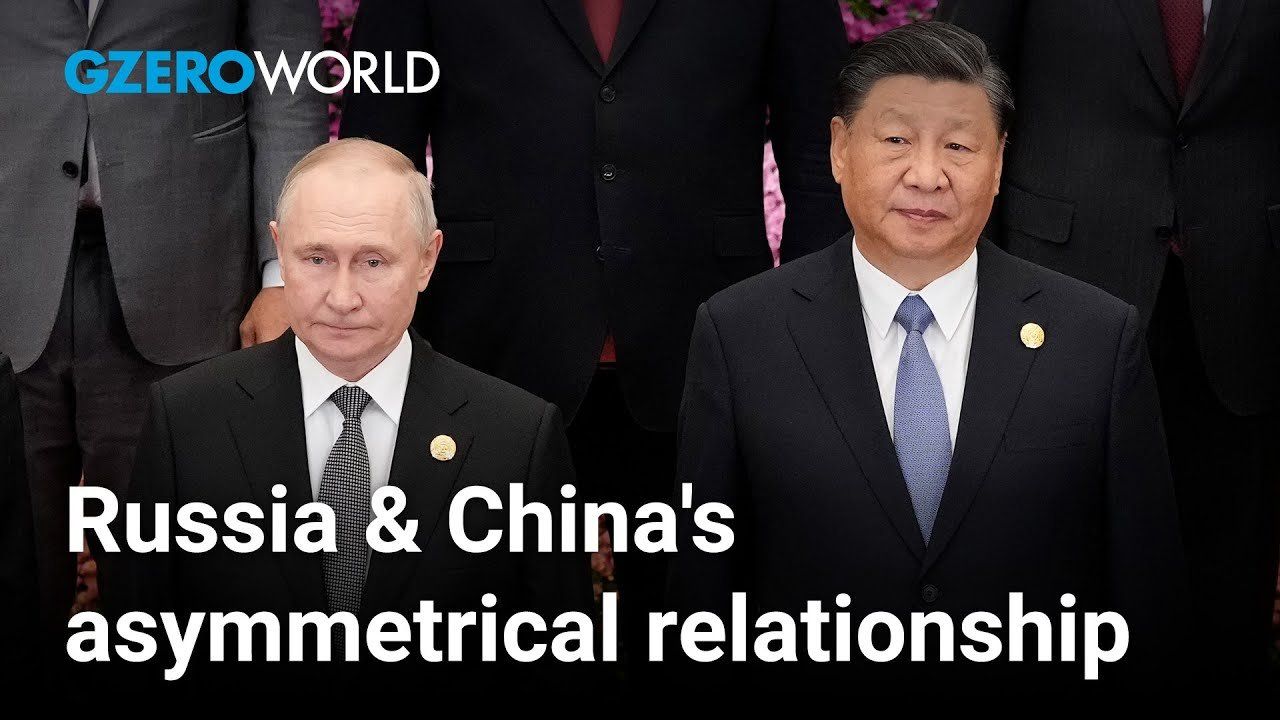
David Sanger, Pulitzer prize-winning New York Times journalist and author of "New Cold Wars," discusses the evolving relationship between China and Russia, highlighting its asymmetry and significance in today's geopolitical landscape. He points out how much the tables have turned. During the Cold War of the 20th Century, the Soviet Union was the dominant power when it came to its relationship with China. Decades later, it's clear that China holds the upper hand. "China holds more cards than the Russians do," Sanger tells Ian Bremmer. Not only that, Russia's Vladimir Putin needs China's Xi Jinping by his side in order to prevail in his war with Ukraine. "He [Putin] needs that Chinese technology desperately... He does not have a choice except to deal with the Chinese on Chinese terms right now."
And what does that mean for China's interests when it comes to the United States? "If you're Xi," Sanger says, "the two best things that can happen to you is that the US is tied up in Ukraine or ripping itself apart about the aid and consumed again in the Middle East." And at least in that respect, Xi seems to be getting everything he wants.
Watch Ian Bremmer's full interview with David Sanger on GZERO World - Are we on the brink of a new cold war?
Catch GZERO World with Ian Bremmer every week on US public television (check local listings) and online.
- The biggest threats to US national security, foreign and domestic ›
- The next era of global superpower competition: a conversation with the New York Times' David Sanger ›
- The limits of a China-Russia partnership ›
- Will China end Russia’s war? ›
- Xi’s “peace” plan for Ukraine: China “wins” ›
- Russia & China vs “the West” ›
- Xi invites Putin to China to strengthen "no limits" partnership - GZERO Media ›
- Why Trump won’t break the Putin-Xi alliance - GZERO Media ›